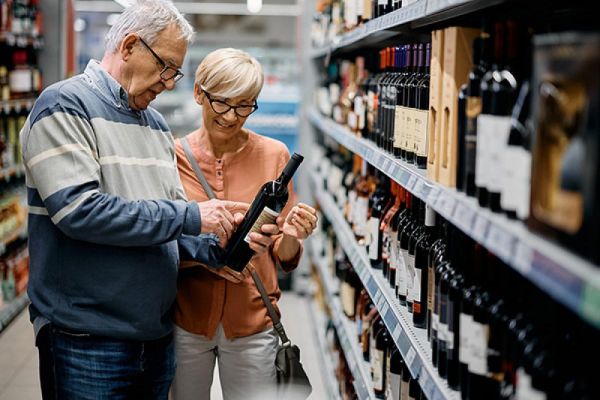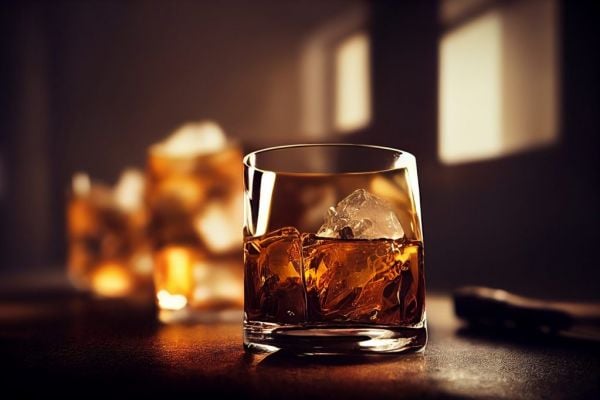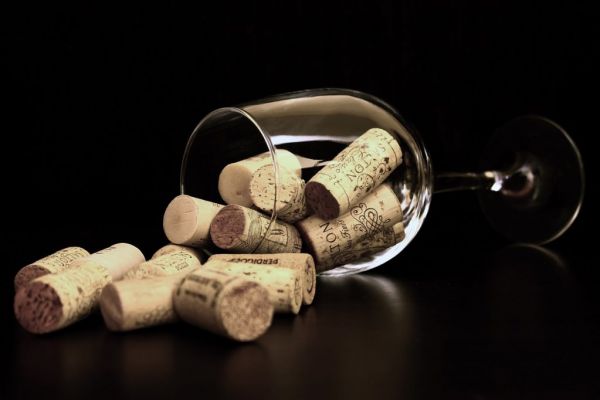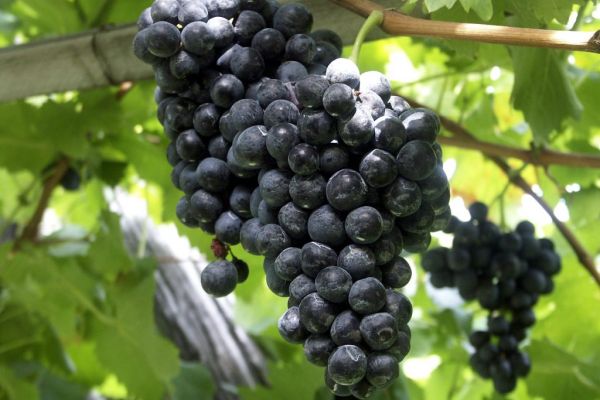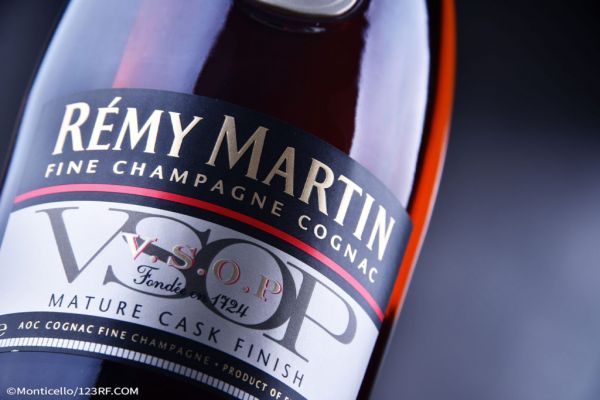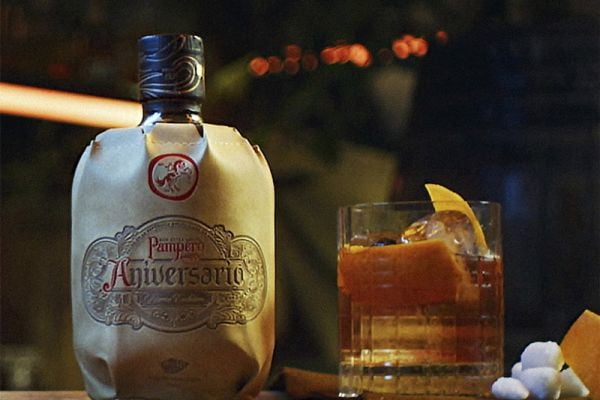New labelling rules on wine products, which have just entered into use in the European Union, will 'enable consumers to make more informed choices', the European Commission has said.
From 8 December, all wines and wine products will be required to feature labelling outlining ingredients and nutritional values, however wines produced before this date will be exempted from the new rules until stocks are exhausted.
Manufacturers have the option of either printing the required information on the physical wine label, or through a dedicated electronic means, such as a QR code.
'Clearly Visible'
In a statement, the European Commission said, 'The information provided online should be as clearly visible and accessible to consumers as the information provided on a physical label. The word ‘ingredients’ should be easily identified by consumers in the label and not confused with other electronic means containing marketing messages.'
National authorities in each Member State will be in charge of enforcing the new rules.
'Comprehensive Information'
According to the European Commission, the new wine labels within the EU will provide consumers with comprehensive information, including details such as the designation of the grapevine product category, the use of 'protected designation of origin' (PDO) or 'protected geographical indication' (PGI) with the respective names for wines registered as geographical indications. Additionally, the labels will feature the exact alcoholic strength by volume, indication of provenance, bottler's name, producer's name, or vendor's name.
Other information will include sugar content for sparkling wine categories, nutrition declaration, a list of ingredients, substances causing allergies or intolerances, and the minimum date of durability for grapevine products subjected to de-alcoholisaition treatment.
Several winemakers have hit out at the new measure as unnecessary – as one Bordeaux producer told the Sud Ouest paper, "In my wines, apart from fermentation yeasts and sulphur, I don't see what the consumer will learn."
Representative groups have also sought to keep the industry up to date on the new rules – in October, the International Organisation of Vine and Wine (OIV) held a series of seminars detailing the changes involved.
Read More: EU Wine Production Reached 16.1bn Litres In 2022: Eurostat
